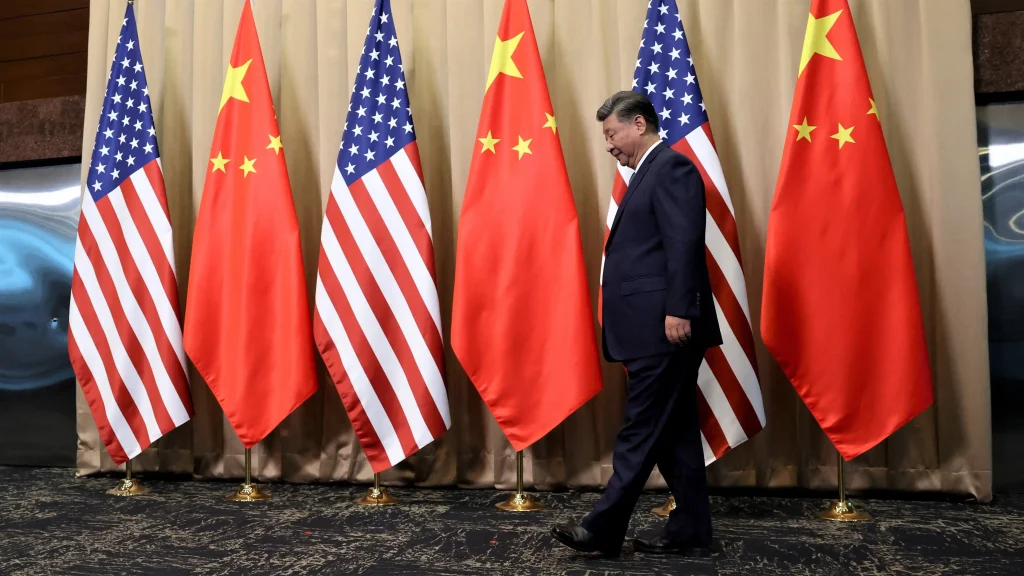Temu, the popular e-commerce app owned by China’s PDD Holdings, has topped Apple’s list of the most downloaded free apps on the U.S. iOS store for the second consecutive year. This achievement highlights the growing success of Chinese apps in the world’s largest consumer market despite geopolitical tensions and regulatory challenges.
Top Rankings and Competition
ByteDance’s TikTok secured the third position, maintaining its stronghold despite ongoing concerns about its future in the United States. Fast-fashion giant Shein, Temu’s major competitor, ranked 12th on the same list.
Apple’s iOS platform remains a critical battleground for these apps, holding over 56% of the U.S. mobile phone market, according to StatCounter data.
Temu’s Rapid Rise in the U.S. Market
Temu, which launched in the U.S. in 2022, has quickly gained traction among consumers with its low-cost offerings and vast product selection. By shipping inexpensive goods directly from China and leveraging aggressive advertising strategies, Temu has emerged as a formidable competitor to Amazon, the dominant e-commerce platform in the United States.
However, its success comes with heightened scrutiny. U.S. officials are increasingly wary of Chinese imports and their impact on domestic businesses, raising concerns about tariffs and trade imbalances.
Political Risks and Trade Uncertainty
The potential return of Donald Trump to the White House has introduced additional uncertainty for Chinese companies operating in the U.S. Trump, who has made reducing imports from China a central campaign promise, has proposed tariffs ranging between 60% and 100% on Chinese goods. While it remains unclear if such measures will materialize, they pose significant risks to companies like Temu and Shein, whose business models rely heavily on low-cost exports.
International Concerns and Regional Responses
The challenges faced by Chinese e-commerce platforms are not limited to the United States. Countries in Southeast Asia have also implemented measures to address the influx of low-cost Chinese imports:
- Vietnam recently banned Temu from operating in the country, just two months after the platform established a local presence.
- Indonesia and Thailand have introduced anti-dumping tariffs and monitoring systems to regulate Chinese imports.
These moves reflect growing concerns among regional governments about the economic impact of Chinese e-commerce platforms, which often undercut local businesses.
The Growing Tension
As Temu and its counterparts continue to lure American consumers with affordable prices and aggressive marketing, their rapid growth is fueling broader trade debates in Washington. Policymakers are increasingly scrutinizing the business practices of Chinese tech and retail giants, questioning their long-term impact on U.S. industries.
Temu’s success has positioned it as a leading disruptor in the global e-commerce market, but its future remains uncertain amid rising political and regulatory challenges. Any significant shift in U.S. trade policy—particularly the imposition of new tariffs—could hinder its continued growth and influence in the American market.
Conclusion
The dominance of Chinese apps like Temu, TikTok, and Shein in the U.S. market underscores their global appeal and strategic business models. However, mounting scrutiny, political risks, and regional trade barriers present substantial challenges. As Washington debates trade policies and tariffs, companies like Temu may face significant hurdles in maintaining their foothold in the United States.
The coming years will prove critical as the balance between consumer demand, international competition, and political agendas continues to shift.












